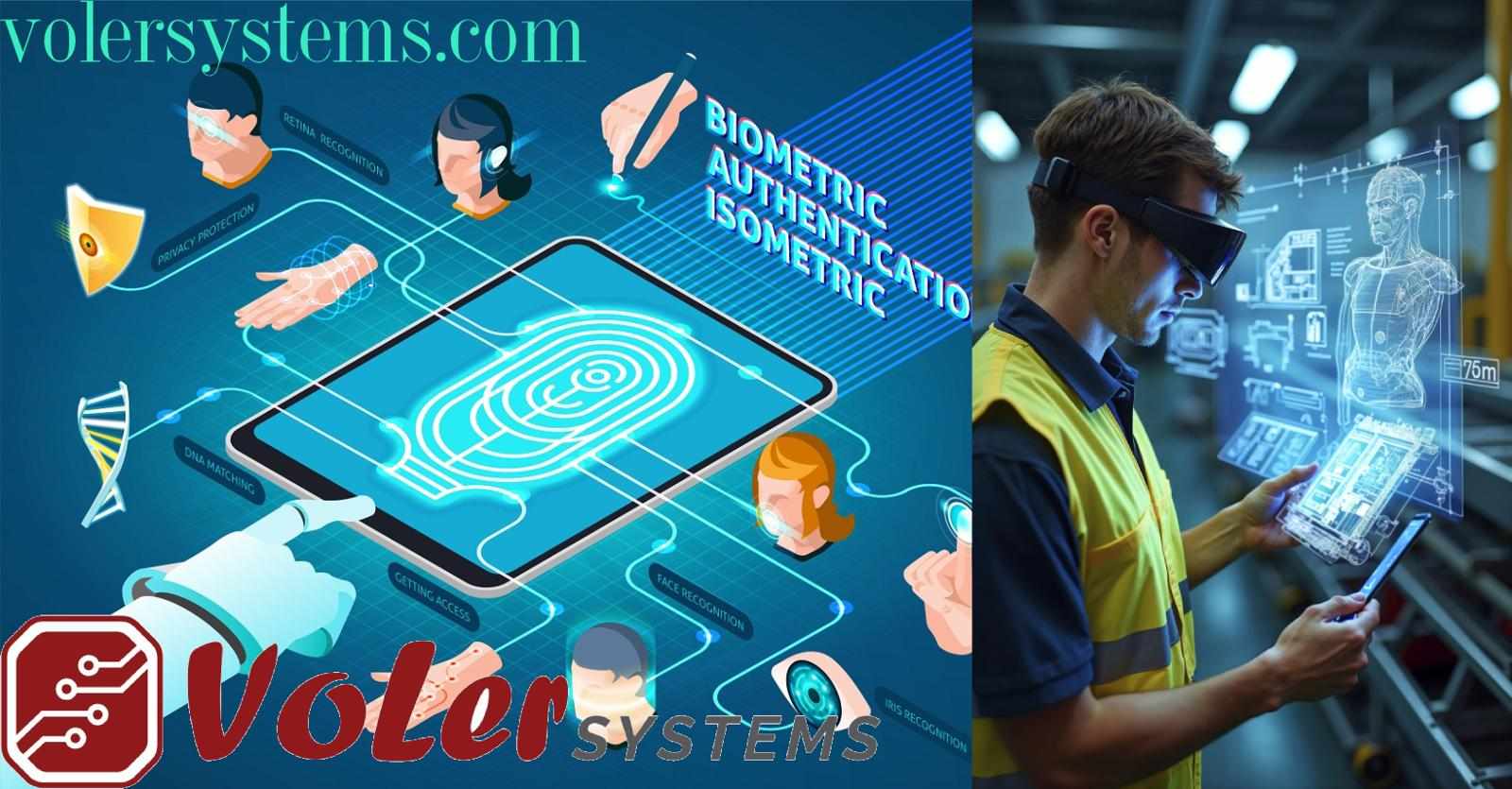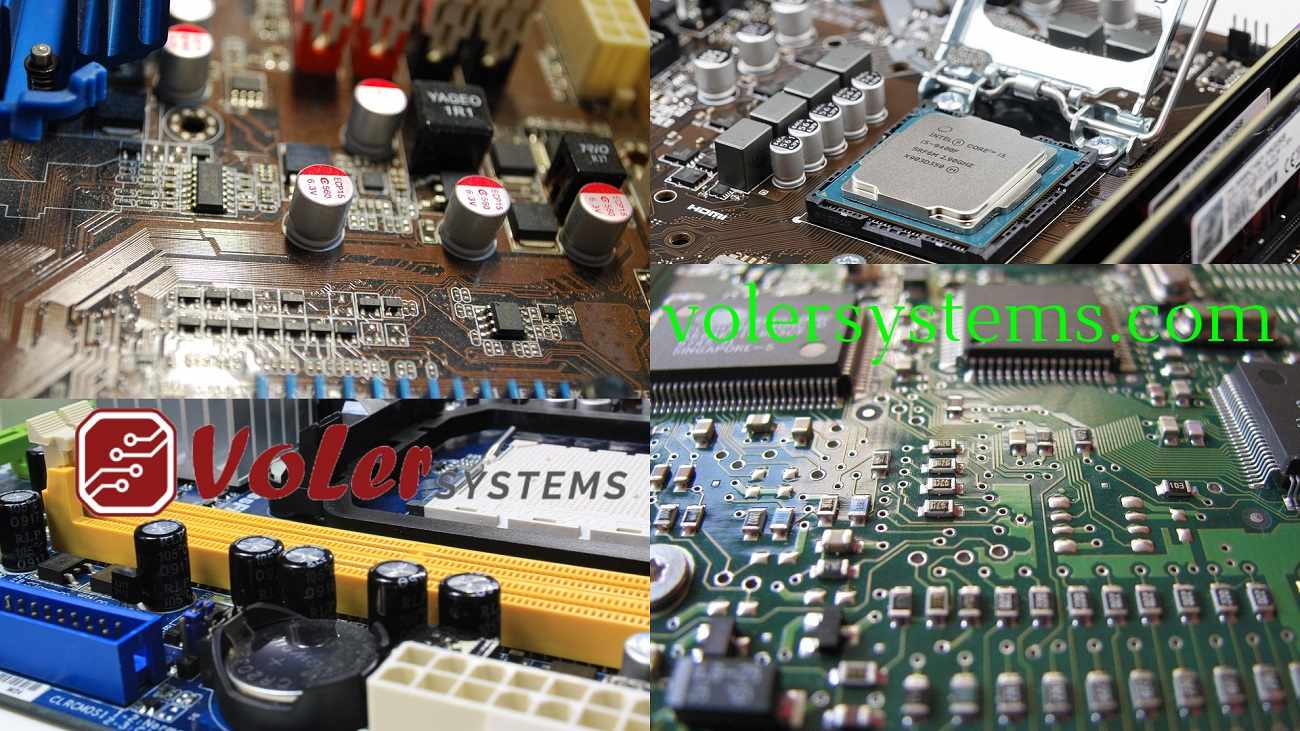
Inside many of today’s cutting-edge medical devices, there’s a hidden powerhouse at work—an FPGA, or Field Programmable Gate Array. This remarkable technology is playing a critical role in transforming the way healthcare devices are designed and how they perform in real-world applications.
Unlike standard processors, which handle tasks in a linear, step-by-step fashion, FPGAs operate with parallel processing. This allows multiple operations to run at the same time, delivering real-time speed that’s especially valuable in applications like heart monitoring, portable diagnostics, and wearable health trackers.
For example, consider a handheld ECG device. Signal collection, noise filtering, analysis, and wireless communication—all of these processes can be packed into one FPGA chip. This integration reduces size, lowers power use, and boosts reliability. Fewer parts often mean fewer chances for something to go wrong.
Another major strength of FPGA technology lies in its flexibility. Even after a device is manufactured and distributed, the chip can be updated through reprogramming. This makes it easier to adapt to new medical standards or enhance existing features without changing the hardware. In an industry where precision and compliance matter deeply, that kind of adaptability adds long-term value.
Development speed can also improve with the use of built-in IP cores—pre-verified components that include features like digital filters, encryption, or embedded microprocessors. These building blocks reduce the time needed to move from concept to finished product, while maintaining stability and performance.
Power management is another area where FPGAs stand out. Many medical tools operate on batteries and need to last as long as possible between charges. FPGA configurations can be fine-tuned to use only the power required for each task, making the most of every milliamp.
Data security also remains a top priority in medical environments. FPGAs support features such as secure boot and real-time encryption, creating a trustworthy foundation for devices that handle sensitive patient information.
Turning complex FPGA capabilities into a well-functioning medical device requires precision and expertise. Through years of hands-on design experience, Voler Systems has become a trusted name in FPGA Development, helping medical technology developers build smarter, faster, and more resilient devices.
As the healthcare industry continues to push forward, the role of FPGAs becomes increasingly important. This small but powerful chip is enabling innovation on a meaningful scale—delivering better performance in smaller packages, and helping medical technology keep pace with the demands of modern care.










Write a comment ...